The entire premise of isekai anime hinges upon fans accepting the notion that the main characters have reincarnated into a new world. This suspension of disbelief gets even harder when other inconsistencies exist that prevent viewers from becoming fully engrossed in the story.
In That Time I Got Reincarnated As A Slime, Satoru Mikami is a Japanese salaryman who dies and is reincarnated as a slime monster. While the show has quickly become one of the most popular isekai anime currently airing, it contains many puzzling irregularities.
10 There Is No Justification For Satoru Mikami To Be Reincarnated As A Slime

The show's entire premise is based on the fact that the protagonist, Satoru Mikami, is reincarnated as a slime monster after he dies in a random attack. Set aside the fact that his attacker's motivations are never known, there is never any explanation given as to why he reincarnates into a new world.
While there are more Otherworlders from Earth in his new world, there are not many, and so reincarnation must be assumed to be a rare event. There is never any justification for why he is reincarnated, which is different from other isekai anime that take the time to explain why the characters are reincarnated. Additionally, he is the only Otherworlder in the series who is reincarnated as a monster rather than a human, but again no reason is provided.
9 Monsters Don't Have Names
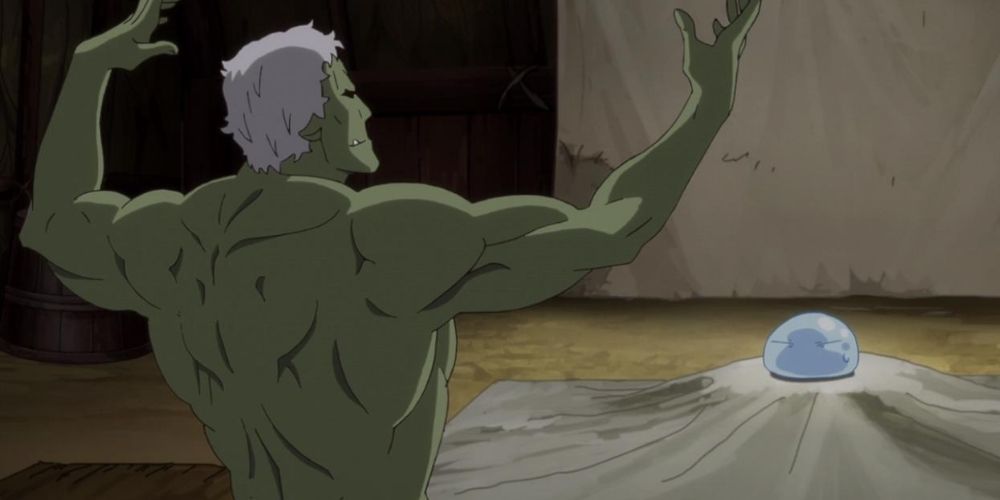
Upon reincarnation into a new world, Satoru encounters many strange creatures, including the Storm Dragon Veldora. Upon meeting Veldora, he assumes a new name, Rimuru Tempest, and sets out into the world to establish a safe home for monsters like himself.
Unlike humans, monsters in this new world don't have names. Once named, monsters gain an increase in power depending on the power of the individual naming them. While this process makes sense, it begs the question as to how monsters communicate with each other prior to being named. Fans are supposed to assume that monsters simply live without calling each other by name, but it's easy to imagine how this would get confusing and hardly seems practical.
8 Rimuru Riding Ranga
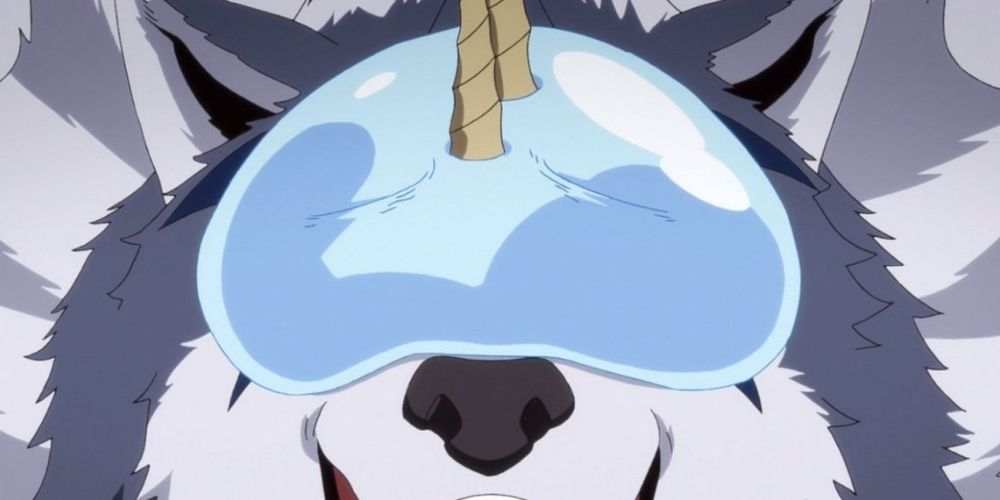
Upon naming the Direwolf Ranga, Rimuru promptly turns the hairy monster into his personal mount. When he is not at serving as Rimuru's steed or at his side, Ranga spends most of his time living in Rimuru's shadow, awaiting his master's summons.
Before Rimuru gains the ability to fly or teleport, this relationship between Ranga and his master makes sense. However, once Rimuru unlocks these abilities, he still uses Ranga for long-distance transportation. It's understandable if Rimuru simply enjoys the ride, but makes less sense given that he has such faster means of transportation.
7 Rimuru Doesn't Use Predation In Every Fight
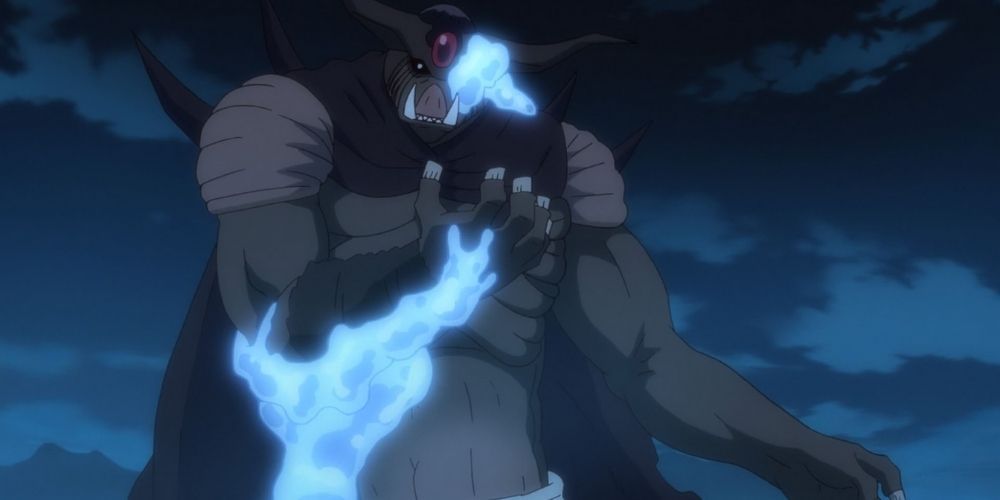
One of Rimuru's strongest skills, Predation, allows him to absorb his target into his body and replicate its abilities. Time and again, Rimuru uses the skill to defeat tough foes, such as the Orc Disaster Geld, and quickly level up, like when he absorbs all of the monsters in Veldora's dungeon.
Predation is such a powerful skill, it's a wonder that Rimuru doesn't use it in every fight. Since he is able to simply absorb and eat any opponent, it would make sense if it was his default move. Instead, he only pulls it out after he defeats some opponents or if physical and magical attacks prove ineffective.
6 Milim Attacks Eurazania For No Reason
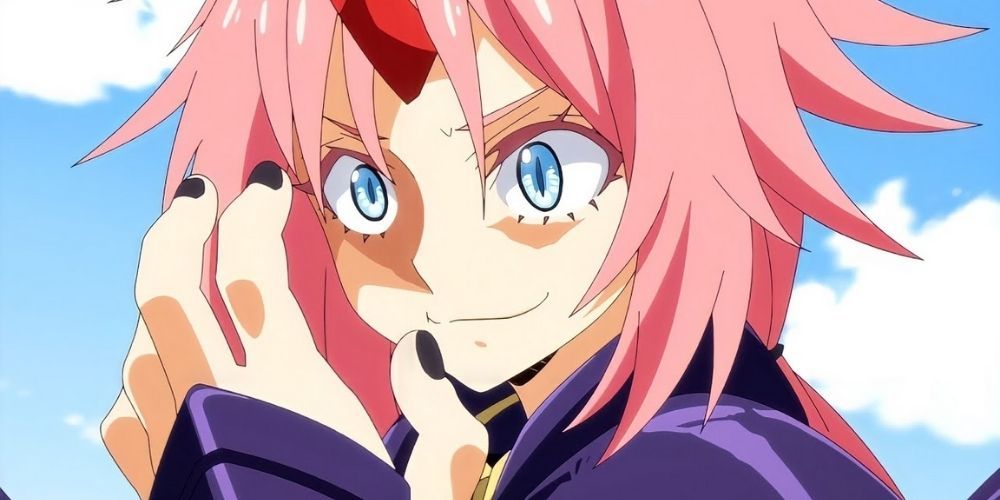
Near the end of the first part of season 2, Milim Nava attacks the Kingdom of Eurazania and challenges its king, Demon Lord Carrion, to a one-on-one duel. While their fight is epic and one of the best battles of the series to date, it is also completely unjustified and appears out of nowhere.
Although it makes sense for Milim's character to pick a fight for no particular reason, it is unclear why she chooses to single out Carrion. He does not do appear to provoke her in any way as far as fans can tell, yet she issues a challenge anyway. Her decision to obliterate Eurazania ends up making her look more like a villain than a likable antagonist, and it remains to be seen if any justification will reveal itself in the second part of season 2.
5 Rimuru's Great Sage Skill
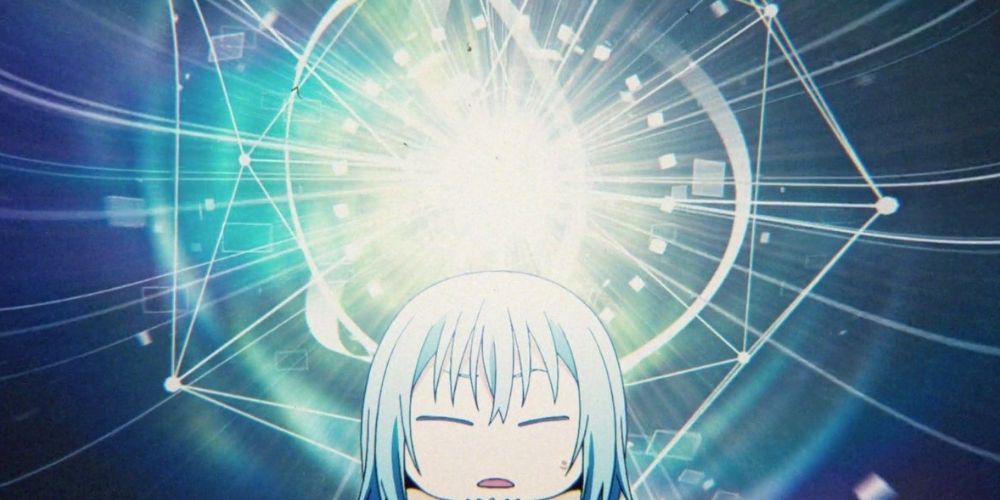
While Predation may be Rimuru's most powerful skill, his most useful skill is certainly Great Sage. Renamed Wise King Raphael near the end of the first part of season 2, this skill gives Rimuru information about his new world and allows him to learn about his abilities and the objects and creatures he encounters.
Information is power, and through this skill, Rimuru has access to almost all of the knowledge in the world. Yet, it doesn't appear that any of the Otherworlds that Rimuru encounters also have access to this skill. It's unclear whether the skill is unique to him as a slime monster, or if he just got lucky acquiring the skill after he reincarnated.
4 Gobta Still Looks Like A Goblin After Evolving
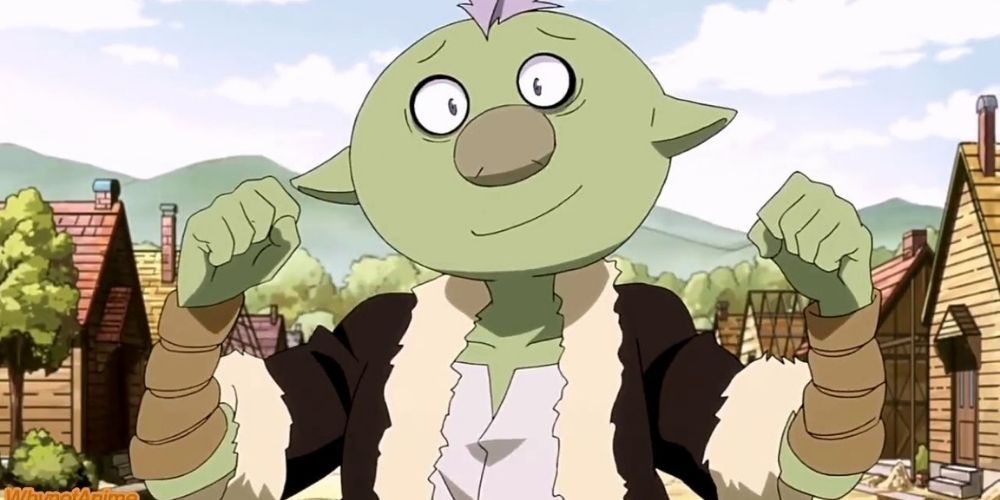
All of the monsters that choose to follow Rimuru are given a name, and this naming triggers an evolution that unlocks new skills and upgrades the monsters' power and appearance. So far, all of the monsters that are receive a name from Rimuru, with the exception of Diablo, undergo a traumatic physical transformation as part of the process.
The one exception to this rule is Gobta, and it's not clear why. Every other Goblin who receives a name from Rimuru undergoes a physical transformation as part of the evolution into a Hobgoblin and looks noticeably different. Gobta, on the other hand, still looks like a regular Goblin even after his evolution, and there is no explanation for his static appearance.
3 Falmuth Completely Underestimates Tempest
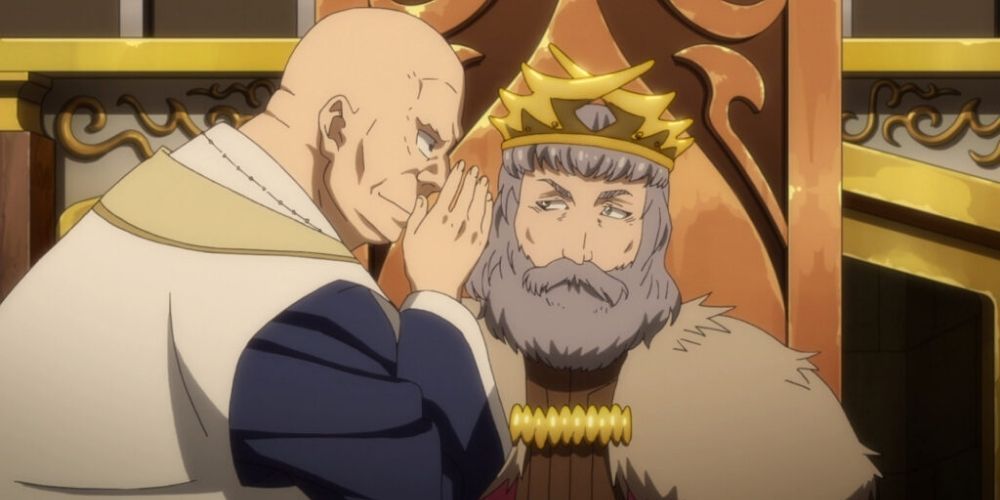
By the time the Jura Tempest Federation comes onto Falmuth's radar as a possible competitor to their trade monopoly, Rimuru and his allies have already made quite a name for themselves. Together, they defeated the Orc Disaster Geld and his army of 200,000 Orcs and also took down the legendary monster Charybdis.
Therefore, it makes no sense that Falmuth should completely underestimate Tempest's military strength. It must have surely heard of Tempest's military victories against such powerful opponents, and these events alone should have given it pause. Still, Falmuth goes ahead and attacks Tempest with a woefully inferior force and is subsequently annihilated, completely undermining its legitimacy as a regional power.
2 Monsters Avoid The Forest Of Jura While Veldora Is Imprisoned
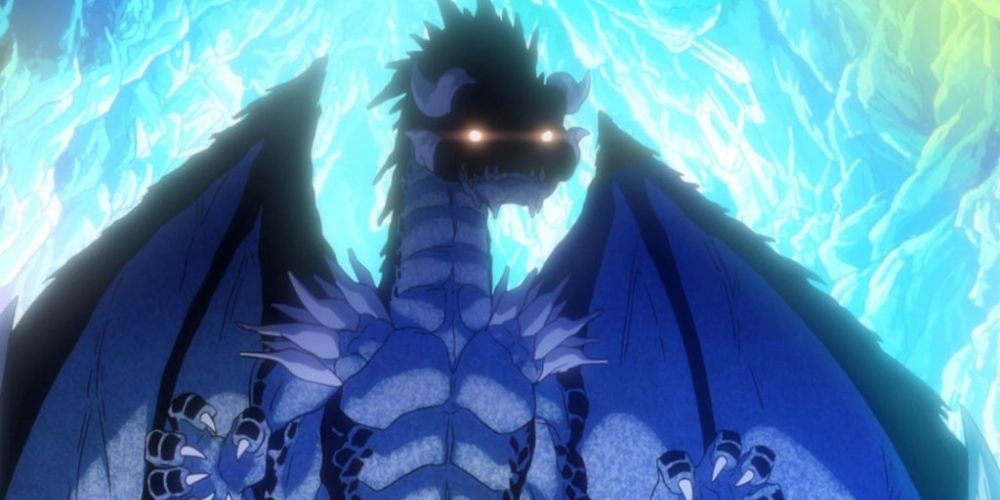
Shortly after Rimuru consumes Veldora, monsters begin to invade the Forest of Jura, as the delicate balance that keeps all the various monster factions is upset. The Direwolves attack the Goblins, the Orcs attack the Ogres, and the Forest of Jura becomes ground zero for an epic power struggle for supremacy.
While this kickstarts many of the key events of the first part of season 1, it doesn't make sense why the monsters should all of a sudden change behavior just because Veldora's presence is gone. Veldora was trapped inside a dungeon for years and never managed to escape prior to Rimuru's arrival, so there was never really any justification for the monsters to be afraid of him prior to his disappearance.
1 The Otherworlders Manage To Find Each Other Somehow
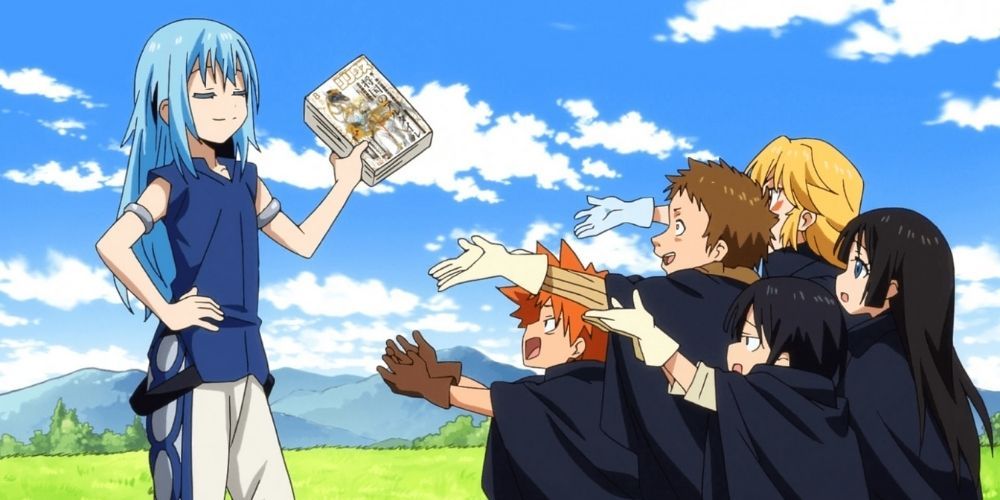
Based upon the small number of Otherworlders that have reincarnated into this new world, it's safe to assume that the event is quite rare. Less than a dozen Otherworlders have been introduced in the series so far, and there is little indication that many more will join the cast of existing characters any time soon.
So, it's rather surprising that the current Otherworlders have all managed to find each other. The odds of such an event have to be excessively low, given that the population of the world is somewhere in the millions or tens of millions of people. Still, Otherworlders keep randomly encountering each other, and will likely continue to do so throughout the series.
https://ift.tt/3qaYRqW
June 20, 2021 at 12:00AM




